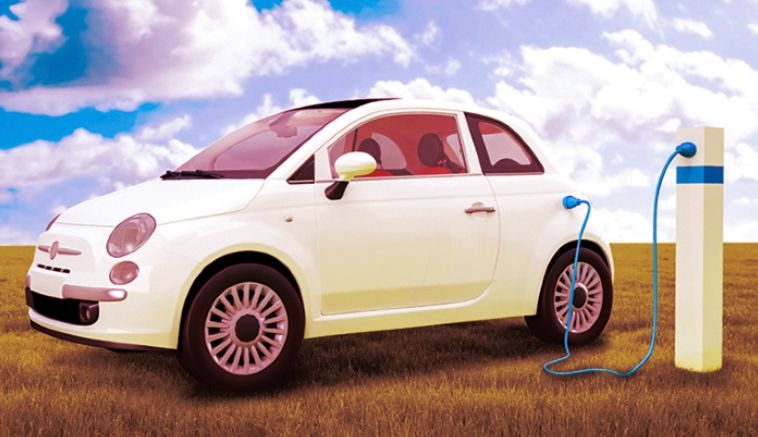Modi 2.0 government aims to bring about Clean Mobility in India by the year 2030. As the first step towards the goal, the government has made it mandatory for cab-hiring companies to covert up to 40% of their fleet into electric vehicles by 2026.
The bottleneck here is the fact that Indian automobile companies are not focussing on the production of electric vehicles (EV). Their grouse is that there is not a large enough market for them to invest in EV production. As of March 2019, only 3600 EVs were sold in India, which is just around 0.1% of the number of automobiles sold in the country. Now that the government is pushing cab-hiring companies to bring in EVs, a huge market opens up for the automobile industries.
According to Reuter, this transformation will happen in stages, starting from 2021 to 2026. It will give time for the automobile manufacturers to start production on EVs and cab-hiring companies to invest in these electric vehicles.
The government is also looking to increase the adoption of electric-powered motorbikes, and autorickshaws by April 2023.
Currently, the infrastructure for production of EVs in India is not up to the standards. With the new mandate, we may hope for improvement in this sector of the automobile industry.
The change can be very difficult for everyone, but if India begins to advocate the use of electric vehicles, we will be taking a major step towards a cleaner and greener future. The mandate is in place, but will its execution be as seamless?


Be the first to comment on "Clean Mobility – India’s Dream for 2030"